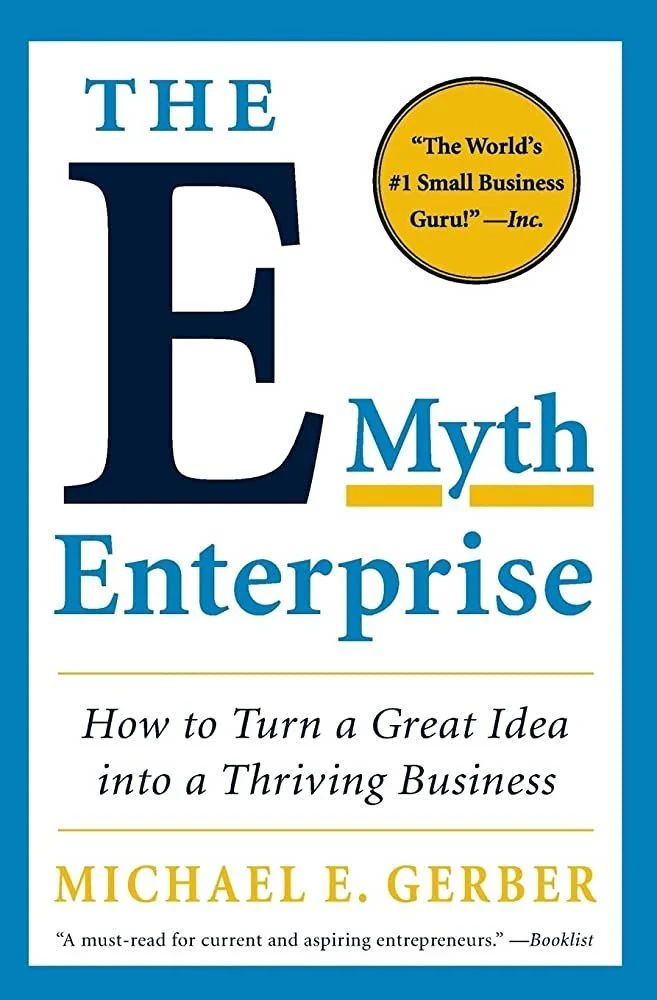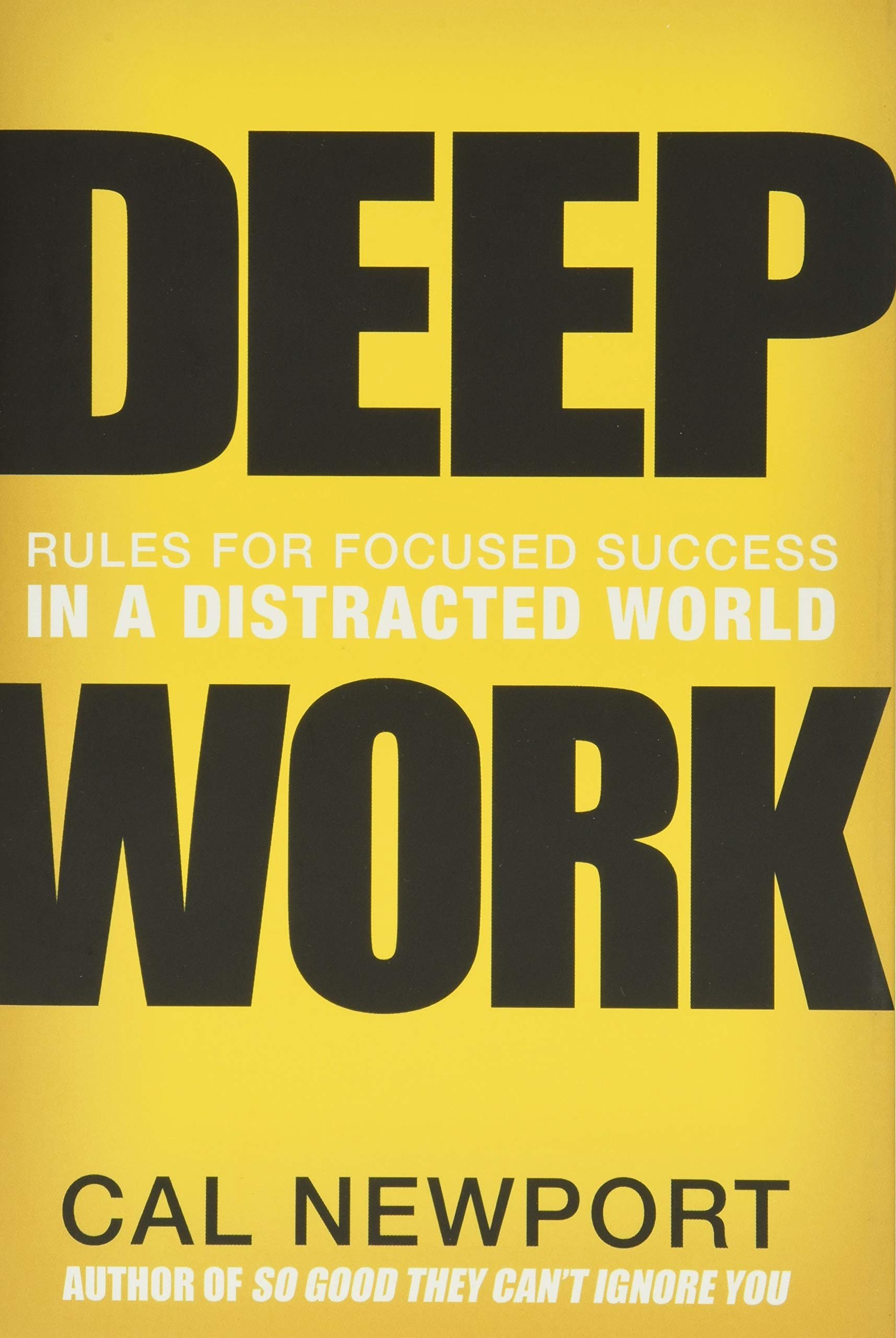
LANGUAGE OF LEAN
Blue Sky Workshop
A Blue Sky Workshop is a process that is often used in organizational change management and is designed to promote creative thinking and help organizations to think beyond the boundaries of their current systems and practices.
A Blue Sky Workshop is a process that is often used in organizational change management and is designed to promote creative thinking and help organizations to think beyond the boundaries of their current systems and practices. The origin of Blue Sky Workshops can be traced back to Japan, where they were first developed by a group of industrial engineers as a way to encourage free thinking and help organizations to achieve their full potential.
The purpose of a Blue Sky Workshop is to provide a structured process that allows an organization to step outside of its normal routines and think creatively about the future. This process involves bringing together a group of stakeholders, including senior executives, managers, and employees, to brainstorm and imagine new and innovative ways of working. The workshop is designed to provide a safe and supportive environment where people can let their imaginations run wild and come up with ideas that may not be possible within the constraints of the current organizational structure.
To conduct a Blue Sky Workshop, it is essential to create an atmosphere of openness and collaboration. The facilitator should encourage participants to think outside the box and challenge their existing assumptions about what is possible. It is also important to provide participants with the necessary tools and resources to help them come up with innovative ideas, such as whiteboards, sticky notes, and brainstorming software.
The first step in conducting a Blue Sky Workshop is to establish the objective of the workshop. This should be a specific, measurable, and achievable goal that the participants are trying to achieve. For example, the objective might be to develop a new product, improve customer satisfaction, or reduce costs.
Once the objective has been established, the facilitator should begin by encouraging participants to think about their ideal future. They should ask participants to imagine what their organization would look like if they could achieve their goal, and what challenges they might face along the way. This exercise helps participants to think creatively and generate new ideas that they may not have considered before.
After the initial brainstorming session, the facilitator should then encourage participants to refine their ideas and develop them further. This may involve breaking down the ideas into smaller sub-goals, or exploring the feasibility of different approaches.
Once the ideas have been refined, the facilitator should then help participants to prioritize their ideas based on their potential impact, feasibility, and potential risks. Participants should then be encouraged to develop action plans that outline the steps they will take to achieve their goals.
The final step in the Blue Sky Workshop process is to review and evaluate the progress made. This may involve regular check-ins, progress reports, or other methods of monitoring progress.
In conclusion, the Blue Sky Workshop is a powerful tool for organizations that want to think creatively about the future and develop new and innovative solutions to their problems. By encouraging participants to think beyond their current systems and practices, organizations can achieve their full potential and create a brighter future for themselves and their stakeholders.
Stay Connected
Ad
We want information fast and in a nutshell. We from OI recommend Blinkist* - because it’s simply the best.
* = Affiliate Link
In a world where leadership often equates to tough exteriors and unyielding authority, "Dare to Lead: Brave Work. Tough Conversations. Whole Hearts." stands as a beacon of hope and transformation.
In the realm of business literature, few books tackle the unglamorous, gritty realities of leading a company through turbulent times. "The Hard Thing About Hard Things: Building a Business When There Are No Easy Answers" by Ben Horowitz does just that.
Why does Emotional Intelligence (EQ) matter, and in what ways can it impact our lives more significantly than IQ? In "Emotional Intelligence: Why It Can Matter More Than IQ," Daniel Goleman introduces a groundbreaking argument that our emotional abilities can be more powerful than our measured intelligence.
Why do some organizations succeed in inspiring action, both internally among employees and externally among consumers, while others falter? "Start with Why: How Great Leaders Inspire Everyone to Take Action" by Simon Sinek
"How to Win Friends and Influence People" is one of the quintessential self-help books, penned by Dale Carnegie in 1936, yet its teachings remain relevant today.
"The Fifth Discipline: The Art & Practice of The Learning Organization" by Peter M. Senge is a pioneering book that introduced the idea of a "learning organization."
In "Side Hustle: From Idea to Income in 27 Days," Guillebeau outlines a step-by-step plan for anyone looking to create an additional income stream without quitting their day job.
"The $100 Startup: Fire Your Boss, Do What You Love and Work Better To Live More" is a compelling narrative that inspires readers to turn their passions into income.
"How to Grow Your Small Business: A 6-Step Plan to Help Your Business Take Off" is an insightful guide that provides a clear roadmap for small business owners looking to grow and expand their operations.
"The First Minute: How to Start Conversations That Get Results" focuses on the importance of the first minute in any conversation.
"The Almanack of Naval Ravikant: A Guide to Wealth and Happiness" is a compilation of Naval Ravikant's wisdom and experience from the last ten years.
"Ikigai: The Japanese Secret to a Long and Happy Life" takes the reader on a journey to explore the concept of Ikigai, a term that translates loosely as 'reason for being.'
"The Courage To Be Disliked" by Fumitake Koga and Ichiro Kishimi is a thought-provoking book that presents a dialogue between a philosopher and a young man, discussing the principles of Adlerian psychology.
"Talk Like TED" by Carmine Gallo is a powerful guide that reveals the secrets of delivering engaging and impactful presentations.
"I Will Teach You to Be Rich: No Guilt. No Excuses. No BS. Just a 6-Week Program That Works" is a personal finance book written by Ramit Sethi.
"Nudge: Improving Decisions About Health, Wealth, and Happiness" by Richard H. Thaler and Cass R. Sunstein is a groundbreaking book that explores the concept of "nudging" and how small changes in the way choices are presented can have a significant impact on decision-making.
"The E-Myth Revisited: Why Most Small Businesses Don't Work and What to Do About It" by Michael E. Gerber is a compelling book that explores the common pitfalls and misconceptions surrounding small businesses.
The book "4-Hour Body: An Uncommon Guide to Rapid Fat-Loss, Incredible Sex, and Becoming Superhuman" by Timothy Ferriss is a comprehensive guide to optimizing various aspects of your body and life.
"Never Finished: Unshackle Your Mind and Win the War Within" by David Goggins is a powerful and inspiring book that explores the concept of pushing past your limits and overcoming mental barriers to achieve greatness.
"The Business of the 21st Century" by Robert Kiyosaki is a book that explores the changing landscape of business in the modern era.
"Man's Search for Meaning: The Classic Tribute to Hope from the Holocaust" by Viktor E. Frankl is a powerful memoir that delves into the human search for meaning in the midst of extreme suffering.
"How to Be a Stoic: Using Ancient Philosophy to Live a Modern Life" by Massimo Pigliucci is a thought-provoking book that explores the principles of Stoicism and how they can be applied to navigate the challenges of modern life.
"Deep Work: Rules for Focused Success in a Distracted World" by Cal Newport is a compelling book that explores the value of deep work and provides practical strategies for achieving it in our increasingly distracted world.
In this book, Covey emphasizes the importance of developing a strong set of principles that will guide and govern our personal and professional lives.
"Who Moved My Cheese?" is a classic self-help book written by Dr. Spencer Johnson. The book is a parable that teaches readers to cope with change and navigate uncertain times.
"The Goal" is a business novel written by Israeli physicist Eliyahu M. Goldratt, first published in 1984. The book follows the protagonist, plant manager Alex Rogo, as he seeks to improve the performance of his struggling manufacturing plant while dealing with personal and professional challenges.
"The 4-Hour Work Week" is a self-help book written by entrepreneur and podcaster Tim Ferriss.
"The Power of Full Engagement" is a book written by Jim Loehr and Tony Schwartz that challenges the conventional notion of time management.
In "The Effective Executive," Drucker shares his insights on what makes a successful executive and provides practical advice on how to become one.
































